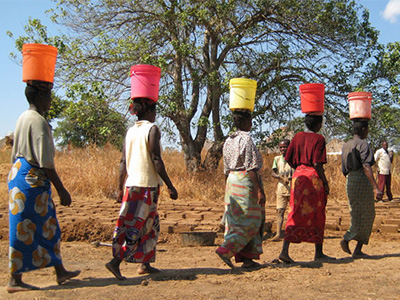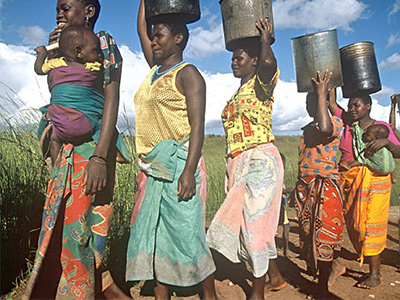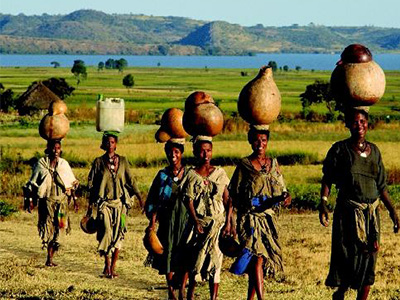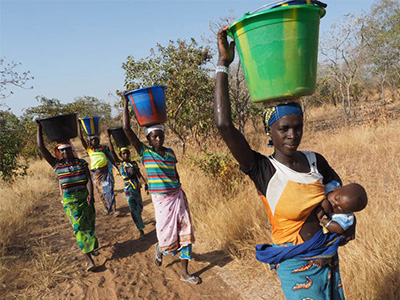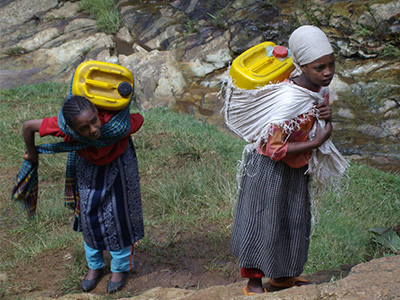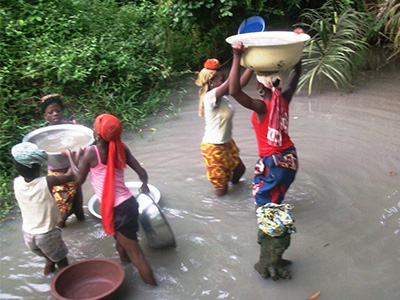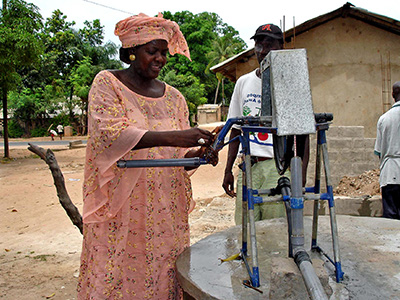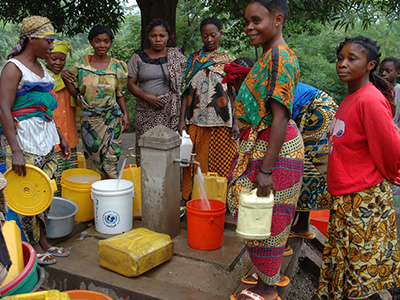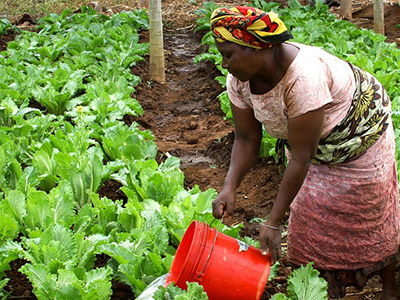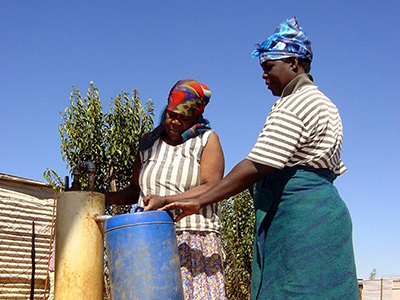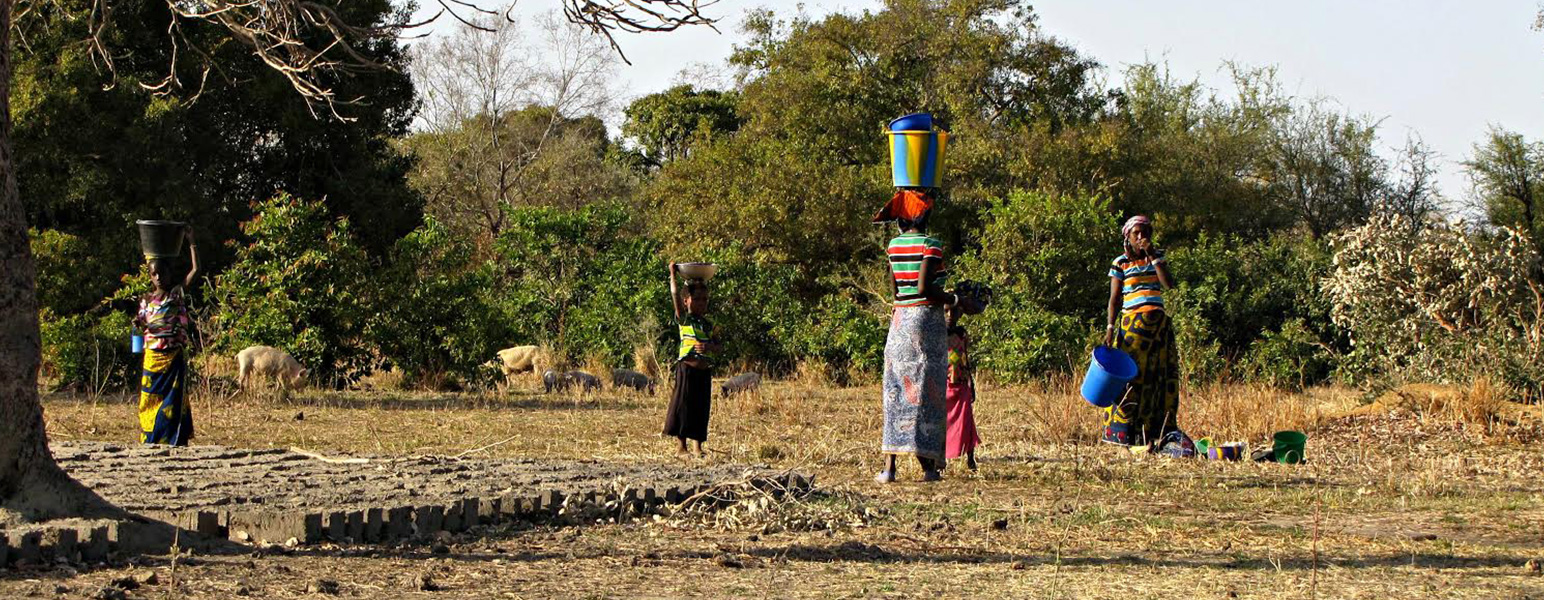
Our Story
Water, and the quality of available water affects every aspect of life. Water must be available for cooking, drinking, for cleaning, and for irrigation of crops. In Tanzania, this often means that water must be carried great distances, and boiled to purify it, often with firewood that must also be carried great distances.
Young women who are tasked with these chores are often unable to attend school and sometimes are not able to have their children attend school.
An alternative method of purifying water using pottery consumes less energy and once installed, works reliably for about five years.
The System
Ceramic filtration has been around for hundreds of years to purify water and prevent diseases such as cholera. It continues to be used as an effective method to clean water in the developing world. The water filter technology Safe Water Mugango will use is effective at eliminating microbiological contaminants with a filter life of five years.
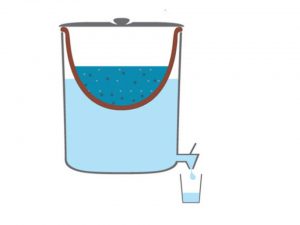
The technology is simple and effective. The round-bottom ceramic pot is made from a mixture of clay, finely ground sawdust, and colloidal silver (that kills bacteria). Clay and dust are mixed together in a large mixing machine and then the mixture is then molded into the pot shape with a rim using a filter press. After the form dries for two to three weeks, it is kiln-fired to about 1,000 degrees Celsius, which burns the sawdust from the mixture and creates pores in the filter so water can pass through. After the filter is fired a mixture of water and colloidal silver is painted on the outside of the filter to kill the remaining bacteria that ceramic pores do not filter out. Maji Salama is leasing the mixer and press used in manufacturing from Tanzania Development Support (TDS), which is also provided the funding to build a kiln onsite. The finished filter can be placed in a plastic storage bucket with a spigot at the bottom for dispensing the filtered water, or in a metal stand where water can drip into a container. Picture to the left is the plastic bucket
The user pours water, such as water from Lake Victoria, into the ceramic pot, which filters it into the plastic bucket or container (depending on how you set up the filter) at a rate of 3 liters per hour. A single filter can last for 5 years if it is cleaned regularly.
When contaminated water is poured through the Maji Salama ceramic water filter, it is purified in two ways:
- Small pores created from firing the sawdust filters out larger dirt particles, larger bacteria, and parasites.
- Colloidal silver prevents bacteria from reproducing and bacteria quickly die.
- Sustaining a business run entirely by Mugango womenSWM is a cooperative owned and operated by the potters who will be sharing profits. Tanzania Development Support (TDS) is raising funds for the startup costs and training associated with starting the business.
The Business
SWM’s objectives include:
- Preventing water-borne diseases in children
- Improving health of families and therefore reducing the expense of medicine
- Raising enough money for each member of the business to send their children to school
- Sustaining a business run entirely by Mugango women
SWM is a cooperative owned and operated by the potters who will be sharing profits. Tanzania Development Support (TDS) is raising funds for the startup costs and training associated with starting the business.
